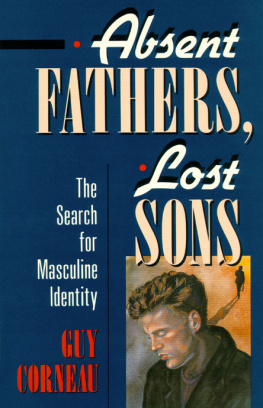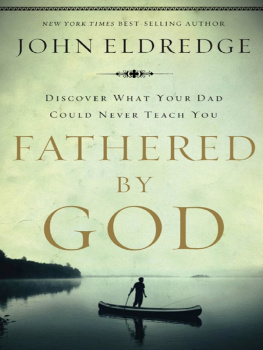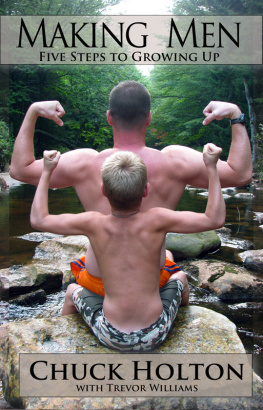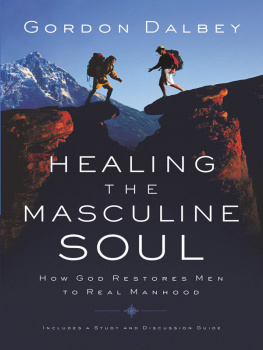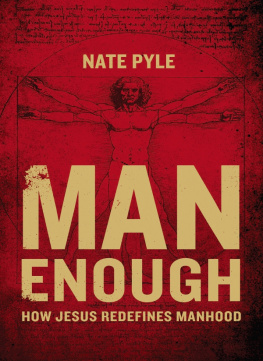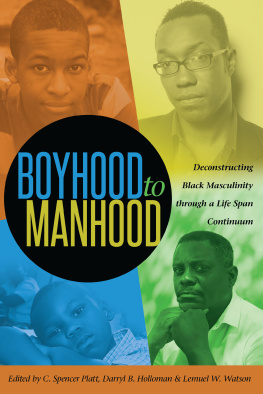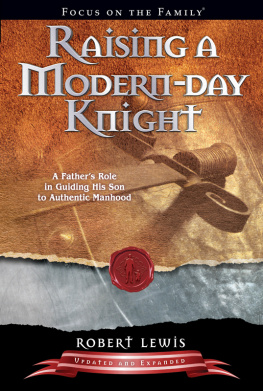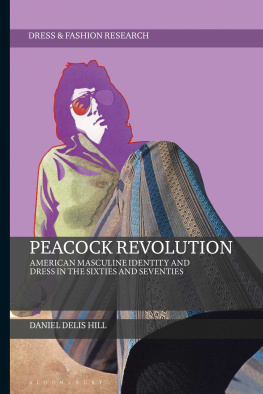Sign up to receive news and special offers from Shambhala Publications.

Or visit us online to sign up at shambhala.com/eshambhala.

A C.G. JUNG FOUNDATION BOOK
The C. G. Jung Foundation for Analytical Psychology is dedicated to helping men and women grow in conscious awareness of the psychological realities in themselves and society, find healing and meaning in their lives and greater depth in their relationships, and live in response to their discovered sense of purpose. It welcomes the public to attend its lectures, seminars, films, symposia, and workshops and offers a wide selection of books for sale through its bookstore. The Foundation also publishes Quadrant, a semiannual journal, and books on Analytical Psychology and related subjects. For information about Foundation programs or membership, please write to the C. G. Jung Foundation, 28 East 39th Street, New York, NY 10016.

Shambhala Publications, Inc
4720 Walnut Street
Boulder, Colorado 80301
www.shambhala.com
1991 by Guy Corneau
All rights reserved. No part of this book may be reproduced in any form or by any means, electronic or mechanical, including photocopying, recording, or by any information storage and retrieval system, without permission in writing from the publisher.
Library of Congress Cataloging-in-Publication Data
Corneau, Guy.
[Pre manquant, fils manqu. English]
Absent fathers, lost sons: the search for masculine identity/Guy Corneau; translated by Larry Shouldice.1st ed.
p. cm.
Translation of: Pre manquant, fils manqu. A C. G. Jung Foundation book.
Includes bibliographical references.
eISBN 9780834827264
ISBN 9780877736035
1. MenPsychology. 2. Masculinity (Psychology) 3. Fathers and sons. I. Title.
HQ1090.C6713 1991 90-53373
306.8742dc20 CIP
For my father, Alcide,
and for my friends
Franois, Robert, and Louis
for their loyalty


Above all others, I wish to thank the men and women, my friends and patients, who gave me permission to use what is usually referred to in the business as their case material. This material, which is actually their most intimate words, has provided the substance for this book. I present their words with respect, in the hope that they can help other men and women.
I am also very grateful to my friend Nathalie Coupal for her patient revision of the manuscript and her statistical research; her work was truly admirable. I would like to thank Joane Boucher for typing the initial version of the book, Jean Grondin for subsequent versions, and Jany Hogue for her suggestions regarding style. The first men and women to read the book, Nicole Plamondon, Franois Bruneau, and Gilbert David, were most important; their judicious advice enabled me to rein in my enthusiasm and let the book mature. I would also like to express my appreciation to my colleagues Jan Bauer and Tom Kelly for their repeated encouragement.
My thanks also to my editors at the Editions de lHomme, which published the original French version: Bernard Prvost, who first suggested this book, and Jean Bernier, who followed it through the various stages in its evolution. I very much appreciate their tact and intelligence.
I am grateful to Larry Shouldice, who patiently and skillfully translated this book into English. Working with him, I came to realize that translation is not simply a technical process, but a labor of love involving words and language. I also thank Judith Larin for her diligent reading of the English text, and I should mention Tom Kelly again, for his supervision of the whole translation process.
I am indebted to Aryeh Maidenbaum, Director of the C. G. Jung Foundation in New York, for his enthusiastic support of my work in male psychology. Finally, I am deeply grateful to the team at Shambhala Publications, in particular to Jonathan Green and David ONeal, for their kindness and openness.
Without the love of all these people, this book would have remained a prisoner of silence.


Appearing before a parliamentary commission on mental health issues, Hubert Wallot, a physician and professor at the University of Quebec at Chicoutimi, recently expressed his concern that no government has established a council on the status of men. With the support of statistical evidence, he undertook to illustrate the precarious condition of mens general health:
During their childhood and adolescence, men are more likely [than women] to suffer from slow mental development, a short attention span due to hyperactivity, behavioral problems, hyperanxiety, schizoid difficulties, transient or chronic spasms, stuttering, functional enuresis and encopresis [involuntary urination and defecation], sleepwalking and nightmares, autism, as well as persistent and specific developmental problems such as dyslexia.
As adults, men make up a significant percentage of those who present personality disorders related to paranoia and compulsive or antisocial behavior (as evidenced by the large number of them in prisons). Men also far outnumber women in the frequency of transexuality and sexual perversions.
Dr. Wallot notes that four times as many men suffer from alcoholism and drug addiction as do women; they also outnumber women three to one in the areas of suicide and high-risk behavior. In addition, men are more prone than women to schizophrenia. Dr. Wallot concludes that the frequent absence of the father or of masculine models for young male children seems to explain certain behavioral difficulties connected with mens affirmation of their sexual identity.
In short this implies that, in spite of their seemingly independent nature, many men are looking for their fathersand many of them are in need of help. I have seen for myself how great their need is, how anxious they are to get together and discuss it. In the spring of 1987, after giving a lecture entitled The Fear of Intimacy and Repressed Aggressivity in Men, I decided to organize a one-day workshop for a group of men. On Saturday morning there were twenty-one of them waiting for me in the hall of the Jung Center in Montreal. These included fathers, married and divorced men, bachelors, gay men, a punk, a cook, a decorator, an accountant, artists, welfare recipients, therapists, civil servants, and teachers; they ranged in age from twenty to fifty. It turned out to be an amazing experience, a day filled with utterly astonishing confessions and revelations. When it came to an end, all the participants decided to continue meeting and working together on a regular basis.
In response to my first question, Do you feel like a man?, not one of them answered in the affirmative, not even the older ones who had been married for twenty years, or the ones who had children. It quickly became apparent that our sense of identity does not necessarily correspond to our life experiences, but rather to our inner sense of a solid foundation or its lack.
Next page
